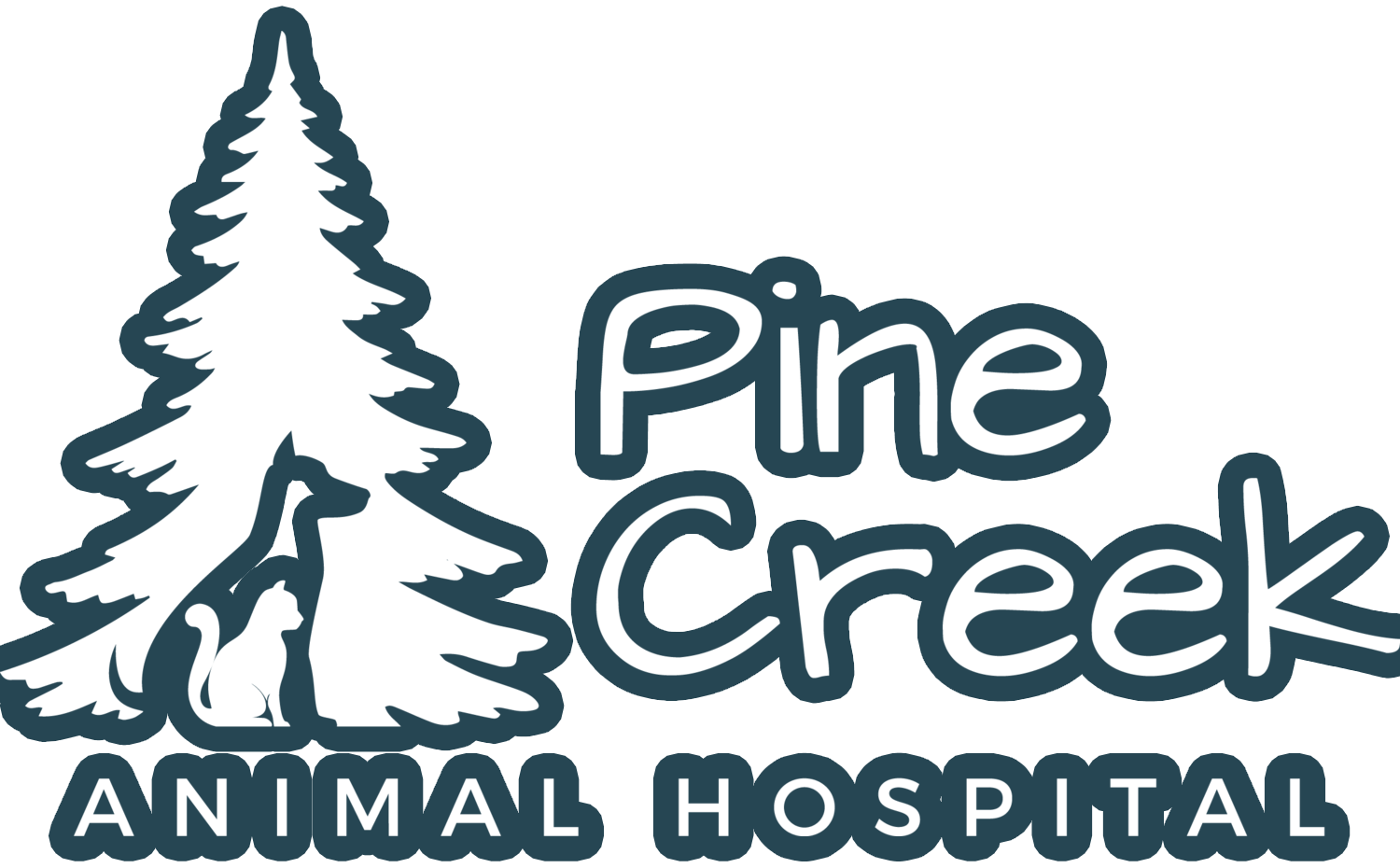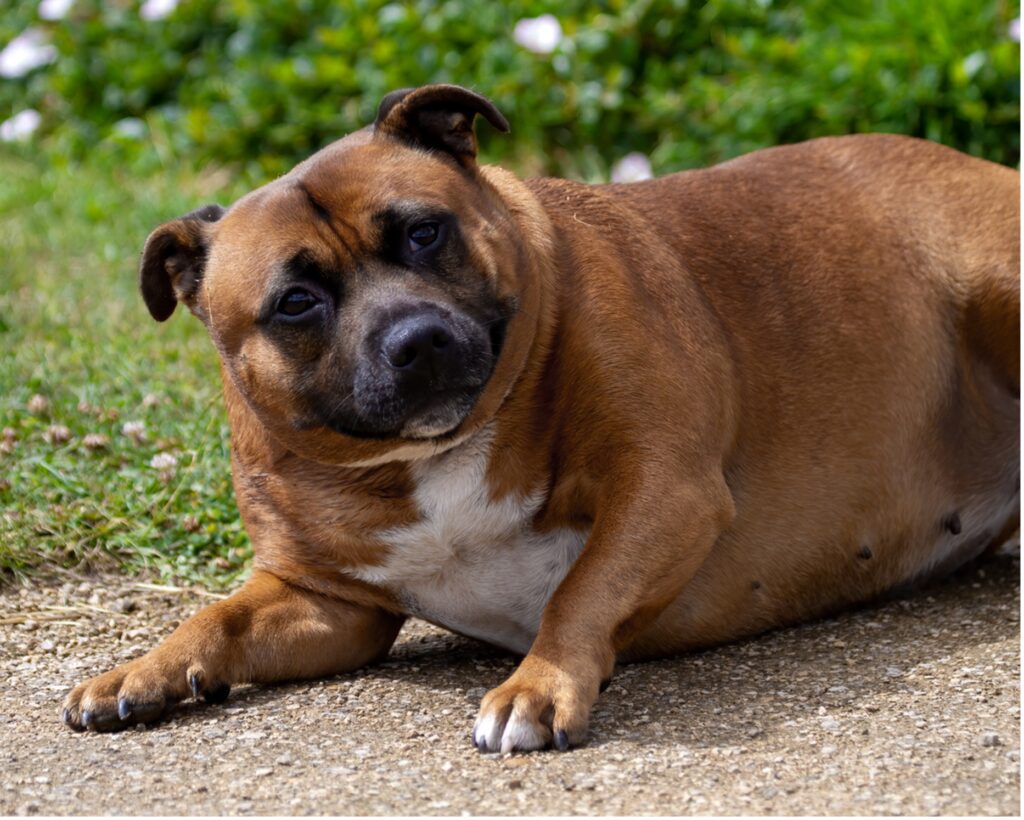Is your furry friend carrying a few extra pounds? Pet obesity is a growing problem that can lead to serious health issues for our beloved companions. A study by The Association for Pet Obesity Prevention classified 59% of dogs and 61% of cats as overweight or obese. These alarming statistics highlight the need to educate pet owners on the consequences of having an overweight or obese pet.
Pet obesity can impact your pet’s overall health, including joint problems, diabetes, and heart disease. We’ll cover the importance of a healthy diet, portion control, and exercise as well as the importance of regular check-ups.
With our expert tips and advice, you’ll have what you need to ensure your furry friend leads a healthy and active lifestyle.
The Impact of Excess Weight on a Pet’s Health
One of the most common issues with obesity is joint problems, especially in older pets. Additional weight stresses the joints, leading to arthritis and hip dysplasia, resulting in pain, decreased mobility, and a reduced ability to participate in physical activities.
Obesity also increases a pet’s risk of developing diabetes. Like humans, excess weight can interfere with the body’s ability to regulate blood sugar levels. This problem puts pets at a higher risk of developing insulin resistance and, ultimately, diabetes. Diabetes can lead to a range of complications, including organ damage, decreased immune response, and death.
Heart diseases are another concern for overweight pets. The heart has to work harder to pump blood throughout the body, leading to an increased risk of high blood pressure, heart failure, and other cardiovascular issues. These conditions can significantly impact a pet’s overall health and well-being.
Recognizing the Signs of Obesity in Pets
In the same study mentioned above, only 39% of dog owners and 45% of cat owners consider their pet to be overweight or obese. Therefore, a critical step in combatting pet obesity is knowing how to recognize if your pet is overweight or obese. There are ways you can assess your pet at home:
Visual Assessment: Take a step back and observe your pet’s body shape. You should be able to see a distinct waistline behind your pet’s ribcage. If your pet’s body appears round or rectangular without a noticeable waist, your pet may be carrying excess weight.
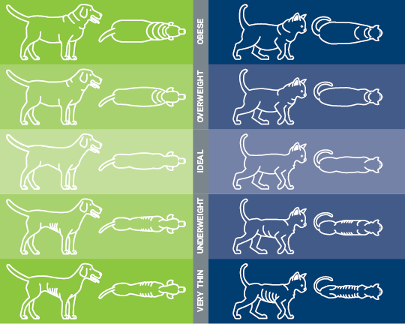
Note: You should be able to feel your pets’ ribs without having to press firmly. If you cannot easily feel their ribs, there is a good chance your pet is overweight.
Weight Check: Use a pet scale or bring your pet to Pine Creek Animal Hospital to determine its weight. You can then compare it to the ideal weight range for their breed and size. If your pet’s weight exceeds the recommended range, they are likely overweight.
Grooming Difficulty: If you notice that it’s becoming increasingly challenging for your pet to groom themselves, especially reaching certain areas around the tail and lower back, it could be a sign of obesity.
Get an Accurate Weight Assessment at Pine Creek Animal Hospital: While the above indicators can help you see if your pet is overweight or obese, consulting with one of our veterinarians is best. They can determine your pet’s Body Condition Score (BCS). Based on their assessment, they can recommend an appropriate weight loss plan.
Common Causes of Pet Obesity
Poor Feeding Habits
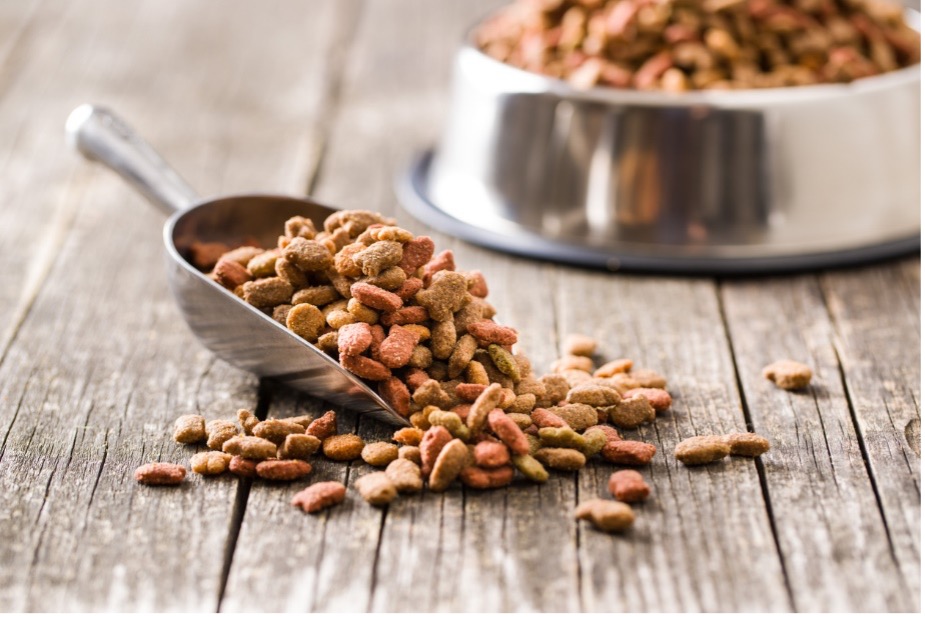
The most prominent cause of obesity in pets is overfeeding. This problem can result from one or more of the following poor feeding habits:
- Not accurately measuring your pet’s food portions.
- Random feeding times.
- Putting out dry kibble and letting your pet munch throughout the day.
- Feeding table scraps.
- Giving your pet too many treats.
We have found that many owners find it difficult to resist their pets when they beg for food or treats. Some owners believe they must be starving their pets because the pet fusses to be fed, even when their pets are at healthy weights. However, considering the health risks involved with overfeeding pets, veterinarians and owners must work together to battle this problem.
Remedy: Healthy diet and nutrition for pets
Feeding a balanced and nutritious diet is crucial for keeping your pet at a healthy weight. You can get our top tips from our blog: Feeding Your Pet: Tips and Recommendations for a Healthy Diet.
Lack of Exercise
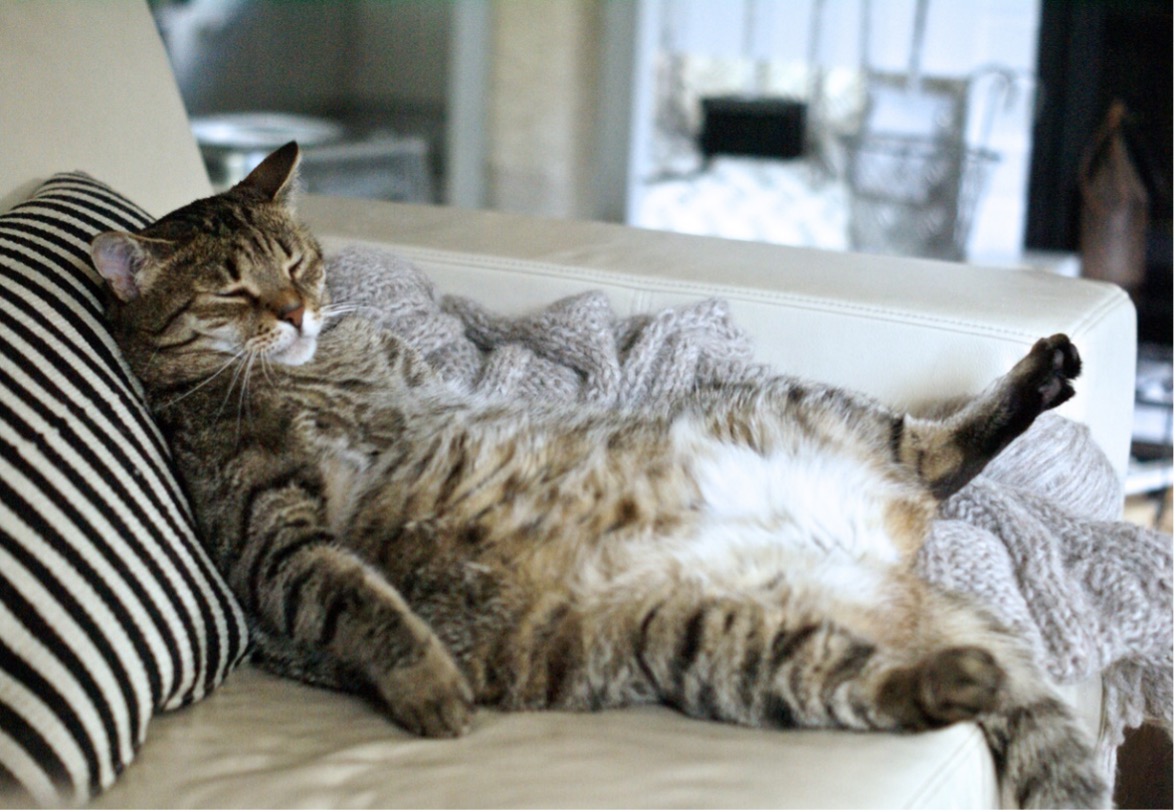
Lack of exercise is another common cause of pet obesity. Pets require regular physical activity to maintain a healthy weight. Without enough exercise, pets can quickly become sedentary and gain excess weight. Pet owners must prioritize daily exercise for their furry friends to prevent obesity.
Certain breeds are also more prone to obesity than others.
- Dogs: Labrador Retrievers, Cocker Spaniels, Pugs, Basset Hounds, Dachshunds, and Beagles are genetically predisposed to overeating and weight gain.
- Cats: Main Coon cats, British Short Hair, Birman, Persian, Ragamuffins, Scottish Folds, and Siamese are prone to overweight problems.
- Pocket Pets: Some exotic pets, such as rabbits, hamsters, Guinea pigs, and rats, are prone to weight problems.
Pet owners of any of these breeds should be especially observant in monitoring their pets’ weight to prevent obesity-related health issues.
Remedy: Give Your Pet Plenty of Exercise and Play Time
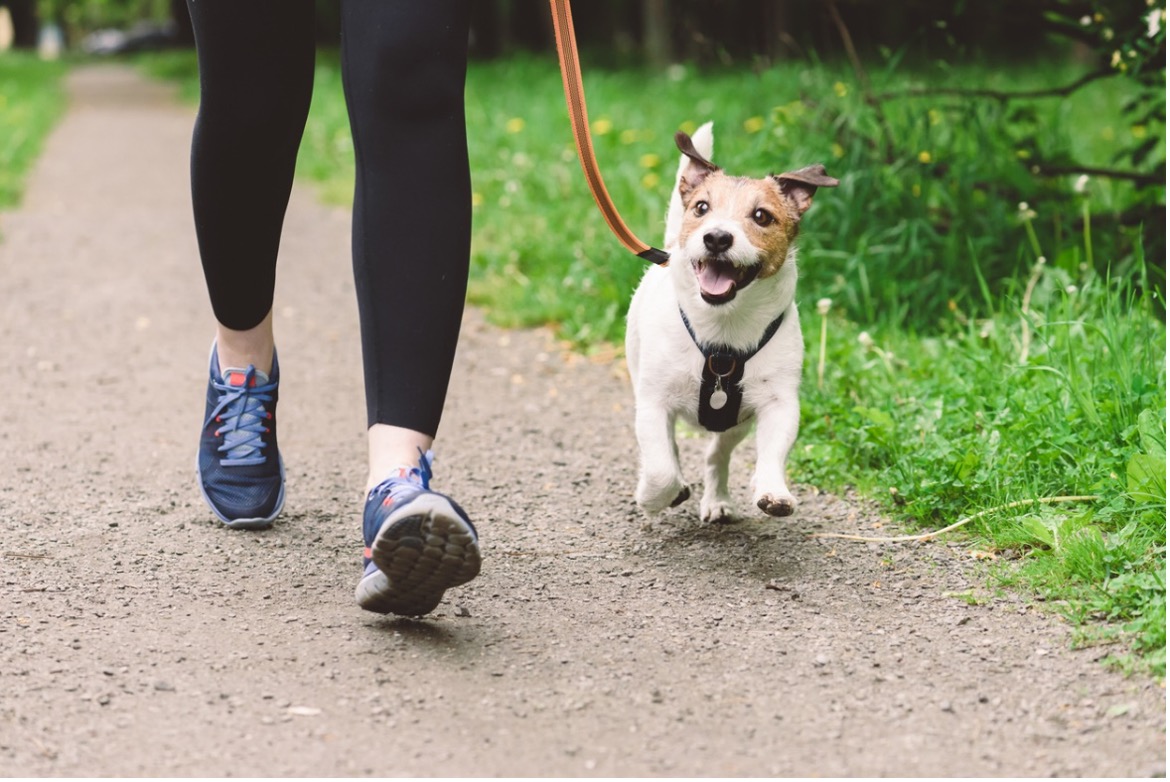
Regular exercise is essential for keeping pets at a healthy weight. Take your dog for daily walks, engage in play sessions, and consider activities such as agility training or swimming in the warmer months to keep them active.
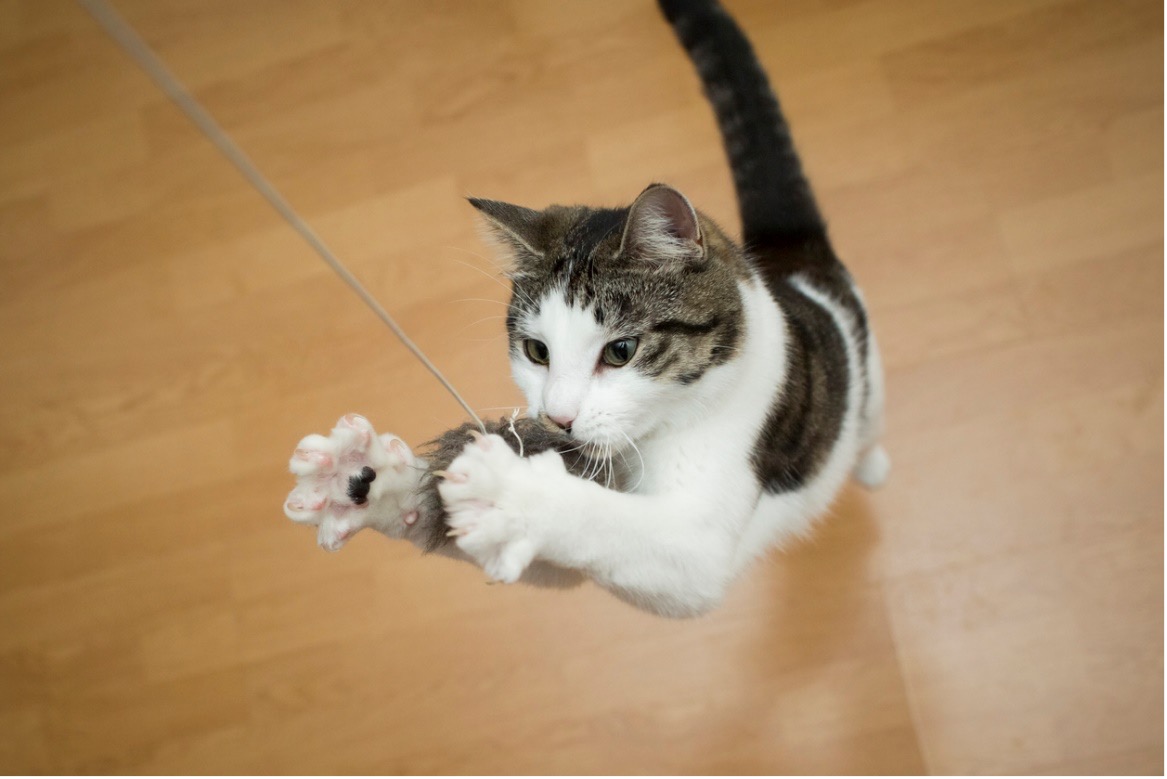
Cats also benefit from regular exercise. Please provide them with toys that encourage movement and play to keep them physically engaged, such as cat wands or laser pointers. Cat trees and scratching posts promote climbing and stretching.
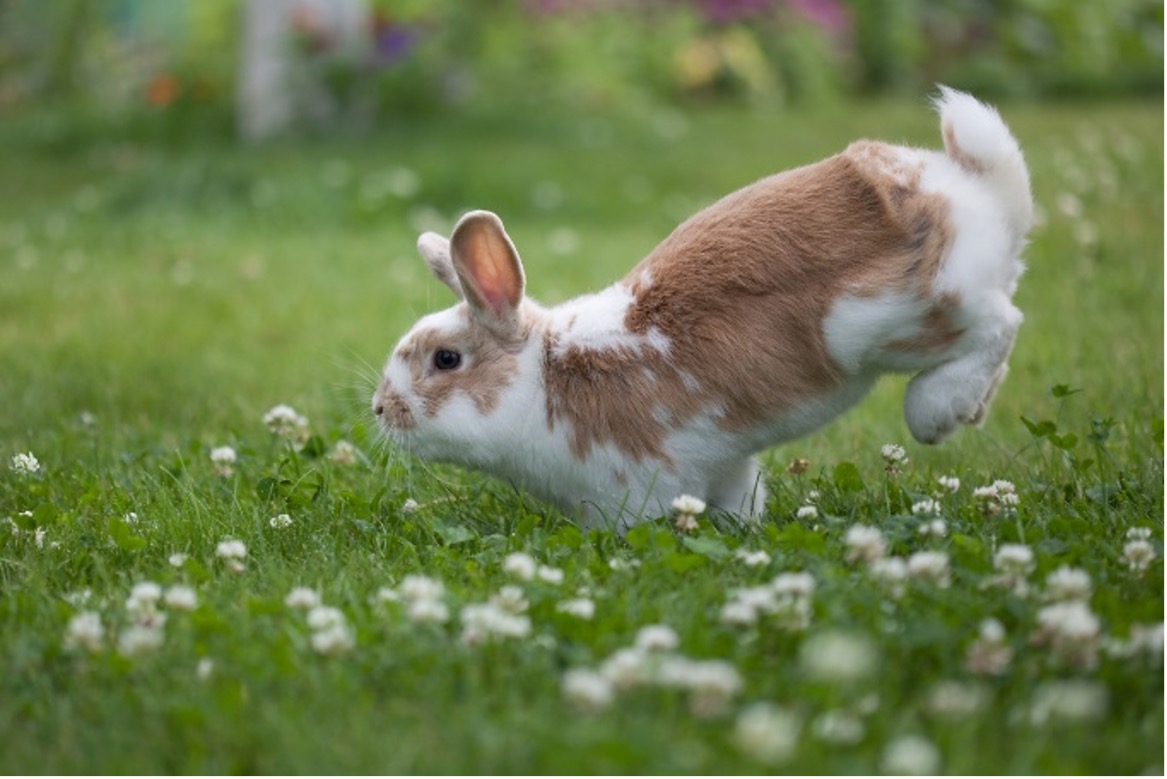
And just like dogs and cats, exotic pets need daily exercise, too! If you have questions about how much exercise your exotic pet needs, please consult with one of our veterinarians, who will be happy to go over your pet’s exercise needs with you.
Adopt Healthy Habits to Prevent and Manage Pet Obesity
In addition to dietary adjustments and regular exercise, here are some healthy habits to adopt:
- Measure out their portions to prevent overeating.
- Set a feeding schedule and avoid free feeding.
- Calculate treats into their daily calorie requirement. Treats should be at most 10% of your pet’s daily caloric intake.
- Do not give in to the temptation to feed your pet food from your plate.
Seek Professional Help for Your Pet’s Weight Management
If your pet is already overweight or obese, seeking professional help to develop a weight management plan is essential. At Pine Creek Animal Hospital, we can provide guidance regarding your pet’s nutritional needs for each life stage, including dietary requirements for growth, weight maintenance, and performance.
Our hospital carries several prescription diet brands to treat various chronic conditions. These foods can replace the daily use of medications in many situations. Sometimes, we may recommend a prescription weight-loss diet for your pet. These diets are specifically formulated to promote weight loss while ensuring your pet receives essential nutrients.
We also recommend regular weigh-ins to track your pet’s progress and make any necessary adjustments to their weight management plan.
Our veterinarians can also consult you on the best exercise routine for your pet to complement their dietary weight management plan. And please keep in mind that weight loss should be gradual and steady. Rapid weight loss can be detrimental to your pet’s health.
Conclusion: The Importance of Addressing Pet Obesity
Preventing pet obesity is essential for ensuring the health and well-being of companion animals. By implementing a balanced diet, and providing regular exercise, you can help your pet maintain a healthy weight and reduce the risk of developing weight-related health issues.
Consult with one of our veterinarians for personalized guidance and support. They can provide valuable insights into your pet’s needs and help you develop a weight management plan tailored to your pet’s requirements.
Let’s strive to keep your furry friends fit and healthy. Together, we can make a significant difference in preventing pet obesity and promoting overall pet well-being. So, act today and ensure your pet’s healthy and active lifestyles! Contact us now. With guidance from one of our experienced veterinarians and your dedication to your pet’s home care program, we can combat pet obesity! The new year is a perfect time to start!
Happy New Year!
Your Caring Team
Pine Creek Animal Hospital
